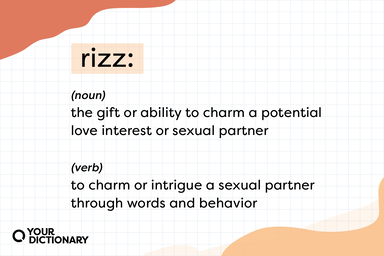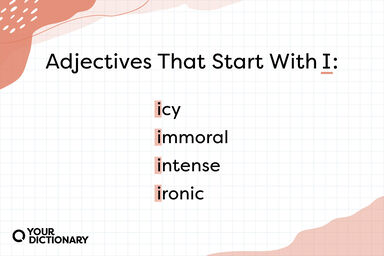Impeccable Definition
ĭm-pĕkə-bəl
adjective
Having no flaws; perfect.
American Heritage
Not liable to sin, incapable of wrongdoing.
Webster's New World
Without defect or error; faultless; flawless.
Webster's New World
Synonyms:
Origin of Impeccable
Find Similar Words
Find similar words to impeccable using the buttons below.





